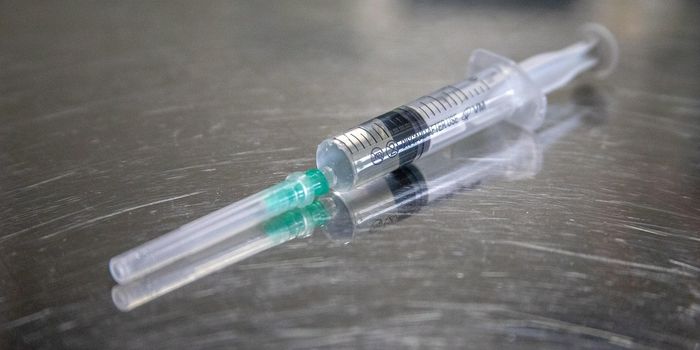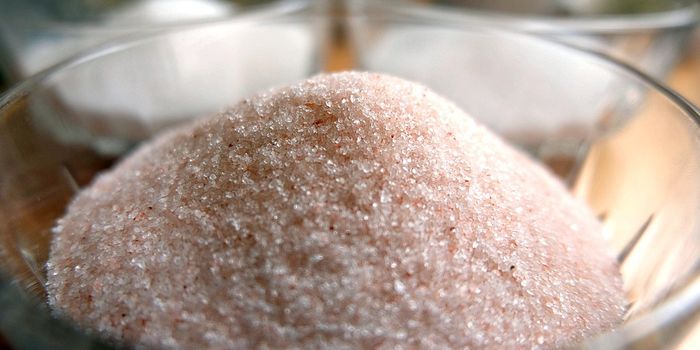When the Human Genome Project was completed in April 2003, scientists around the world rejoiced in the vast amount of data now at their fingertips. The idea being that if they scrutinized the reference genome extensively, they may be able to find all the disease-causing mutations that plague us all. And in many ways, scientists have done just this – reporting on many mutations that otherwise would have gone unknown for who knows how long.
Now, using this same approach, scientists at The Institute of Cancer Research (ICR), London announced the discovery of
8 new genetic variations in the human genome that’s linked to myeloma predisposition.

"Our study expands our understanding of how inherited risk factors can influence the risk of myeloma. We know that the inherited risk of myeloma does not come from just one or two major risk genes, as can be the case with breast cancer, but from multiple different genetic variants, each with only a small individual effect on risk. Identifying more of these variants gives us new insights into the potential causes of the disease, and open up new strategies for prevention," said Richard Houlston, professor at the ICR, and senior study author.
Myeloma is a rare type of cancer that affects the plasma, or white blood cells. It begins in the bone marrow and affects the immune system’s ability to respond to infections and inflammation. The mutated plasma cells can also lead to high levels of protein in the blood and urine, causing kidney damage. More than 90 percent of myeloma cases are typed as Multiple Myeloma, which means that the cancer affects several different areas of the body.
The causes of myeloma are not yet fully known, though doctors have observed that some people tend to have a higher risk for developing the cancer. These include environmental exposure to carcinogens such as pesticides and fertilizers, and lifestyle choices that affect weight and obesity. Now, the study at the UK adds critical genetic mutations that influences myeloma risks.
The team compared DNA from over 9,800 myeloma patients to DNA from over 239,000 healthy adults. This is the largest study of its kind, made possible by a genome-wide association study with data from previous research.
They found 8 base-pair mismatches – single nucleotide polymorphisms (SNPs) – that increased the risk for myeloma. Expectedly, the mutations appear to alter the cellular components involved in plasma cell development, leading to faulty activity and maturation of these cells.
"These findings give an insight into the genetic and biological basis of why myeloma can occasionally run in families. It is important to remember that while relatives of patients may have a higher risk of developing myeloma than the rest of the population, their absolute risk is still low. Further studies could help guide the development of new drugs to treat this cancer in the future. With a more complete genetic picture, it may even be possible to identify those family members at an increased risk and find ways to prevent them from developing myeloma," said Alasdair Rankin, Research Director at Bloodwise.
Of note, the team estimated that the risk variants they identified only account for just 20 percent of the genetic risk factors for myeloma. That means we still don’t know the other 80 percent of the genetic causes of this disease.
"This research allows us to build a greater understanding of the genetics of myeloma and it could play a vital role in the future development of preventative and curative strategies. It is important to note, however, that myeloma accounts for only 2% of all cancers, so whilst this research takes an extremely important look at the familial risk of developing myeloma, the overall risk to the general populace of developing myeloma is small,” said Eric Low, Chief Executive of the Myeloma UK.
Additional sources:
Leukemia & Lymphoma Society,
MNT









